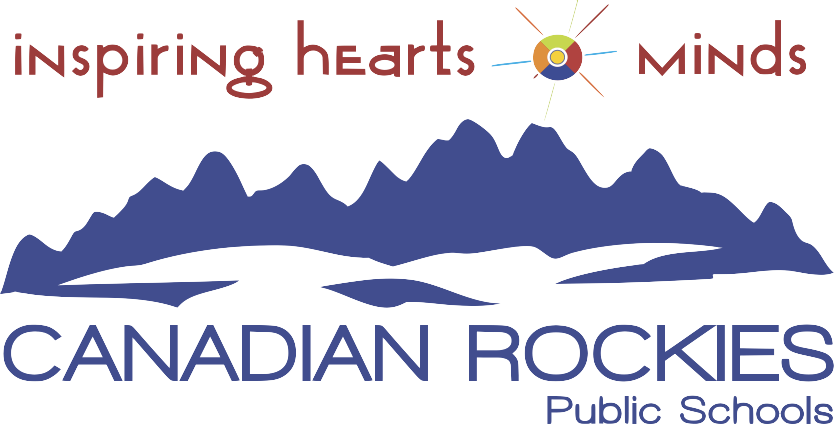Literacy is the ability, confidence and willingness to engage with language, to acquire, construct and communicate meaning in all aspects of daily living. The Exshaw School Literacy Model targets the five pillars of literacy: phonemic awareness, phonics, fluency, vocabulary and comprehension.







